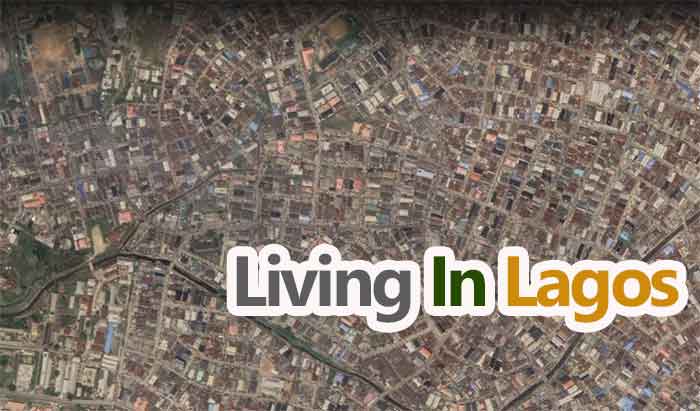There is an aspect of living in Lagos that people who come to the city do not consider. But it is a very important issue.
Lagos is a city in Nigeria, the former capital city of Nigeria. During the time it was capital of Nigeria, so much attention was given to the state. Quickly, it become a commercial nerve of the oil-rich nation.
In some years it became the desired land of opportunities in Nigeria.
This has continued to grow in population till the time of writing this article. Now, it is ab urban city.
But living in Lagos, like many urban areas with high population density, can contribute to different health issues.
One of them is vitamin D deficiency.
When a person is in deficiency of this vitamin, the muscles will not be able to perform its function optimally. Also, the bone will become softer.
This vitamin D deficiency could happen as a result of several factors.
1. Limited Sun Exposure
Lagos, being a bustling city, almost everyone attempts to spend less time in the morning traffic. As a result, they leave home before sunrise.
They go into their offices before sunlight and come out in the evening at the setting of the sun.
Also, with tall buildings, crowded streets (not properly planned), and limited green spaces, Lagos offers fewer opportunities for residents to spend time outdoors and receive adequate sunlight exposure.
Vitamin D is primarily synthesised in the skin when it is exposed to sunlight, particularly UVB rays.
People who spend most of their time indoors or have limited access to outdoor areas may not receive enough sunlight to produce sufficient vitamin D each day.
2. Air Pollution
Urban areas often experience higher levels of air pollution due to vehicle emissions, industrial activities, and other sources.
Air pollution can reduce the amount of UVB radiation that reaches the earth’s surface, further limiting the body’s ability to produce vitamin D through sunlight exposure.
As at the time or writing this article, Nigeria is experiencing heat wave, but it also offers the people an opportunity to replenish vitamin D. a few minutes exposure to early morning sun can do the magic.
3. Dietary Habits
Inadequate dietary intake of vitamin D-rich foods can also contribute to deficiency.
While Lagos offers a variety of food options, including fish, eggs, and fortified foods, many people may not consume enough of these sources regularly.
Other foods to add to your diet are Cod liver oil, Salmon, Swordfish and Tuna fish.
Others are Dairy and plant milks fortified with vitamin D, Sardines and Beef liver.
Additionally, cultural dietary preferences or socioeconomic factors may influence food choices and access to nutritious foods.
4. Skin Pigmentation
People with darker skin tones have higher levels of melanin, which can act as a natural sunscreen and reduce the skin’s ability to produce vitamin D in response to sunlight exposure.
Lagos has a diverse population with varying skin tones, and individuals with darker skin may be more prone to vitamin D deficiency, especially if they have limited sun exposure.
5. Clothing Choices
Cultural and religious practices in Lagos may influence clothing choices, with some individuals opting to cover most of their skin for modesty or religious reasons.
Wearing clothing that covers the skin can reduce sun exposure and inhibit vitamin D synthesis.
6. Lack Of Awareness
Many people living in Lagos may not be aware of the importance of vitamin D or the risk factors for deficiency.
Without adequate knowledge, individuals may not take proactive steps to ensure they are meeting their vitamin D needs through sunlight exposure, dietary sources, or supplementation.
Related Posts
To mitigate the risk of vitamin D deficiency in Lagos or any urban area, individuals can take steps such as spending time outdoors during peak sunlight hours, consuming vitamin D-rich foods, considering supplementation if necessary, and maintaining awareness of the factors that can influence vitamin D status.
Regular health check-ups can also help identify and address any deficiencies early.


